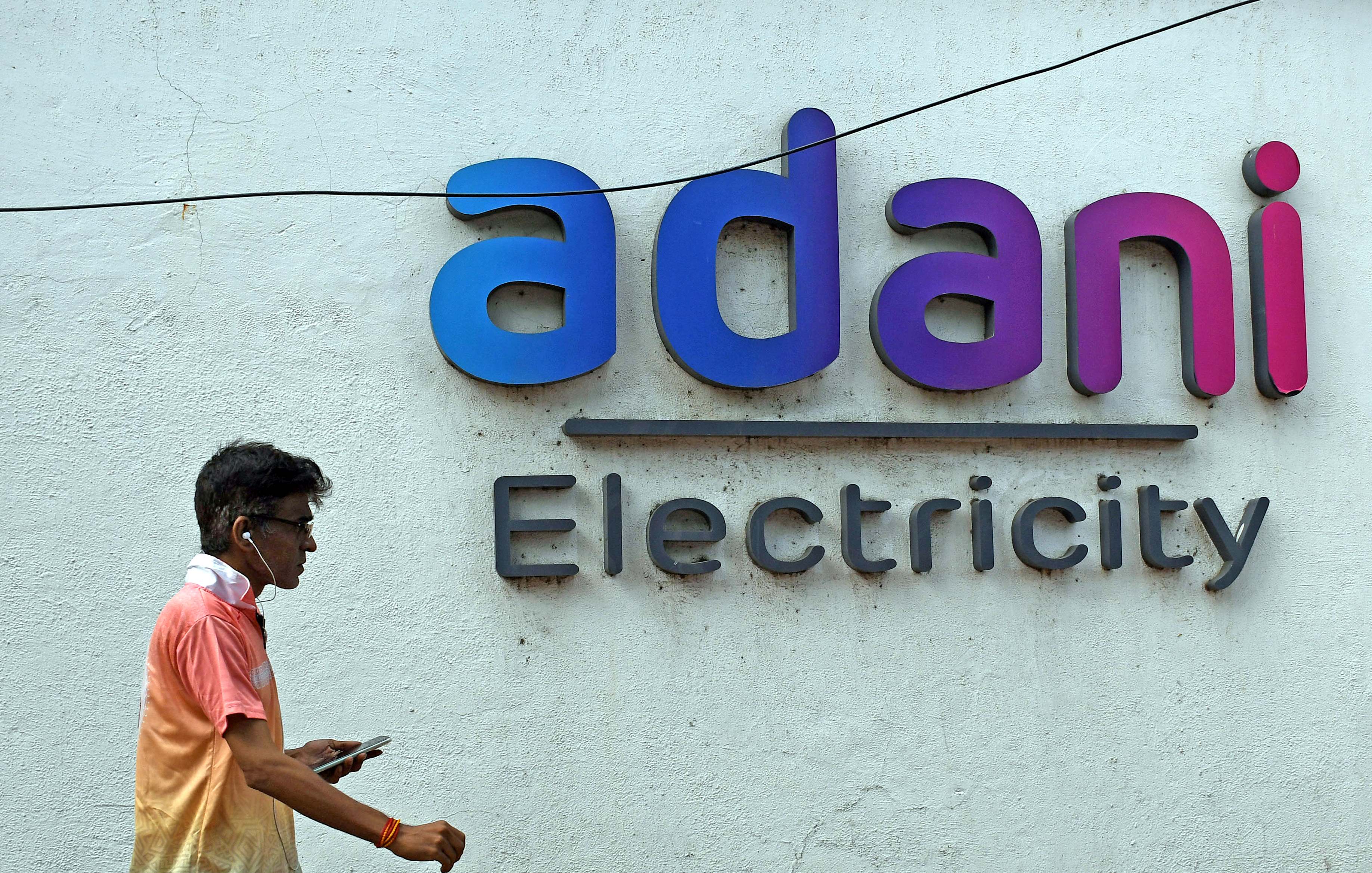Cash flow generated from business operations and balances stood at 778.9 billion rupees ($9.4 billion) as of end-March. That provides enough liquidity for the company to cover its debt due this financial year
Our Bureau
Mumbai/New Delhi
The Adani Group has said that cash and profit generated from its sprawling infrastructure business can cover all the debt maturing each year in the coming decade, messaging that’s part of the Indian conglomerate’s latest effort to shore up investor confidence months after a damaging short seller attack.
In a credit report released Thursday, the power-to-port conglomerate founded by billionaire Gautam Adani said its cash flow generated from business operations and balances stood at 778.9 billion rupees ($9.4 billion) as of end-March. That provides enough liquidity for the company to cover its debt due this financial year.
Should the conglomerate manage to maintain such cash flow and cash holdings going forward, that would be sufficient to service its expected obligations each year in the next decade, according to the presentation.
Nearly 60% of its debts were from banks, while the rest are bonds raised from both Indian and offshore markets. International lenders saw their share in the Adani’s total bank credit jump to 28% from 18% a year ago. The group’s total debt stood at 2.3 trillion rupees by end-March, up from 1.89 trillion rupees a year earlier.
On Wednesday, the conglomerate said it posted record profit in the quarter ended June on the back of its infrastructure and renewable energy businesses.
Showcasing a stronger cash position and bumper earnings underscores the continued effort by the embattled conglomerate to get over from the broadside in January by Hindenburg Research. The US short seller accused the company of widespread corporate malfeasance — allegations that wiped out at one point more than $150 billion in market value from its listed companies, but has also been vehemently denied by Adani.
The company’s disclosure of improved debt servicing capabilities also comes at a time when investors are waiting for the findings from the country’s markets watchdog. The Securities and Exchange Board of India has looked into some of the allegations made by Hindenburg and has asked the nation’s Supreme Court for an extension to wrap up its probe by the end of August.
This gives a high level of stability and multi-decadal earnings predictability and visibility. The robust profits have resulted in the portfolio gaining a very strong liquidity position. The cash balance at the end of June 2023 was Rs 42,115 crore, 4.2 per cent higher than a quarter ago.
The success of the incubation story continued under Adani Enterprises. Airports, green hydrogen and other businesses under the flagship incubator saw their profits almost double year-on-year. With an EBITDA of Rs 1,718 crore, these businesses contributed 7 per cent to the portfolio EBITDA, which is the net income before taking out interest, tax, depreciation, and amortization expenses.
The robust portfolio performance was primarily driven by the renewable power business under Adani Green, infrastructure businesses under Adani Enterprises, and cement businesses under Adani Cement. Adani Green reported EBITDA of Rs 2,200 crore, a 67 per cent rise year-on-year.
This was on the back of an increase in operational capacity by 43 per cent to 8,316 MW. The adjacent cement business also showed a strong operating performance because of cost optimization and improving synergies. EBITDA per tonne increased to Rs 1,253 from Rs 888 in June 2022 quarter and Rs 1,079 in March 2023 quarter. As a result, EBITDA of the cement business grew 54 per cent YoY to Rs 1,935 crore.
Meanwhile, India’s market regulator has very nearly completed its probe into whether billionaire Gautam Adani’s conglomerate violated securities laws and will take any action required based on its findings, it said in a Supreme Court filing on Friday.
The Securities and Exchange Board of India (SEBI) said it has been investigating 24 transactions involving the group’s listed companies, and has completed its work on 22 of them.
It said it examined 13 Adani group dealings for possible violations of related-party transaction rules. The regulator in Friday’s report also said its investigation on some offshore deals covered 12 foreign portfolio investors who were public shareholders of Adani group companies.
Following the Adani group firms’ share price losses earlier this year, the Supreme Court asked SEBI to look into the Hindenburg allegations and submit its findings to a six-member panel formed in March, which included a retired judge and veteran bankers.


























